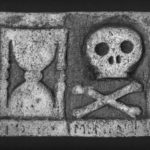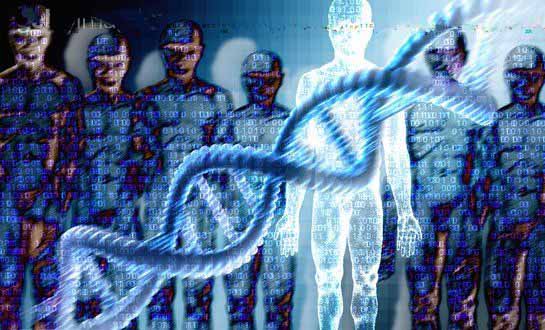Weishaupt lays down as an invariable and infallible principle, that “the grand art of rendering any revolution whatsoever certain—is to enlighten the people;—and to enlighten them is, insensibly to turn the public opinion to the adoption of those changes which are the given object of the intended revolution.
“When that object cannot be promulgated without exposing him that has conceived it to public vengeance, he must know how to propagate his opinion in secret societies.
p. 413
“When the object is an universal Revolution, all the members of these societies, aiming at the same point, and aiding each other, must find means of governing invisibly, and without any appearance of violent measures, not only the higher and more distinguished class of any particular state, but men of all stations, of all nations, and of every religion—Insinuate the same spirit every where—In silence, but with the greatest activity possible, direct the scattered inhabitants of the earth toward the same point.” This is what he calls the grand problem on the polity of states, on which he grounds the force of secret societies, and on which the empire of his Illuminism was to rest. 9
“This empire once established by means of the union and multitude of the adepts, let force succeed to the invisible power. Tie the hands of those who resist; subdue and stifle wickedness in the germ;” that is to say, crush those whom you have not been able to convince. 10 He that teaches such doctrines is not to be looked on as a weak enemy. When Weishaupt reserved them for his mysteries, as well as the revelation of his ultimate object, he knew too well that they were only fitted for men who had long been trained to view them as the lessons of nature and of Philosophy, and should he meet with any who had anticipated them, it would only abridge their novitiate. But he needed nothing less than a whole generation. It was therefore to multiply the number of adepts, to dispose them by insensible degrees to receive his doctrines; by an invisible hand to direct their ideas, their wishes, their actions, and their combined efforts, that the code of laws which he framed for Illuminism constantly tended.
According to these laws, the sect is divided into two grand classes, and each of these again subdivided into lesser degrees proportionate to the progress of the adepts.
The first class is that of preparation. It contains four degrees, those of Novice, of Minerval, of Minor Illuminee or Illuminatus Minor, and of Major Illuminee or Illuminatus Major.
Some intermediary degrees belong to the class of Preparation, which may be called of Intrusion; such are those which the sect have borrowed from Freemasonry as a means of propagation. Of these masonic degrees the code of Illuminees admit the three first without any alteration: it adapts more particularly to the views of the sect the degree of Scotch Knight as an ultimate preparation for its mysteries, and it is stiled the degree of Directing Illuminee or Illuminatus Dirigens.
The second class is that of the Mysteries, and this is subdivided into the lesser and greater mysteries. The lesser comprehend the priesthood and administration of the sect, or the degrees of Priests and of Regents or Princes.
In the greater mysteries are comprized the two degrees of Magi or Philosopher, and of the Man King. The Elect of the latter compose the council and the degree of Areopagites. 11
In all these classes, and in every degree, there is a part of the utmost consequence, and which is common to all the Brethren. It is that employment known in the code by the appellation of Brother Insinuator or Recruiter. 12 The
p. 414
whole strength of the Sect depends on this part; it is that which furnishes members to the different degrees; and Weishaupt, well knowing the importance of the task, turned all his genius toward it. Let us therefore begin by directing our attention to the discovery of it.
Footnotes
414:1 Original Writings, Vol. I. Let. to Marius and Cato.

Moe is the founder of GnosticWarrior.com. He is a father, husband, author, martial arts black belt, and an expert in Gnosticism, the occult, and esotericism.





